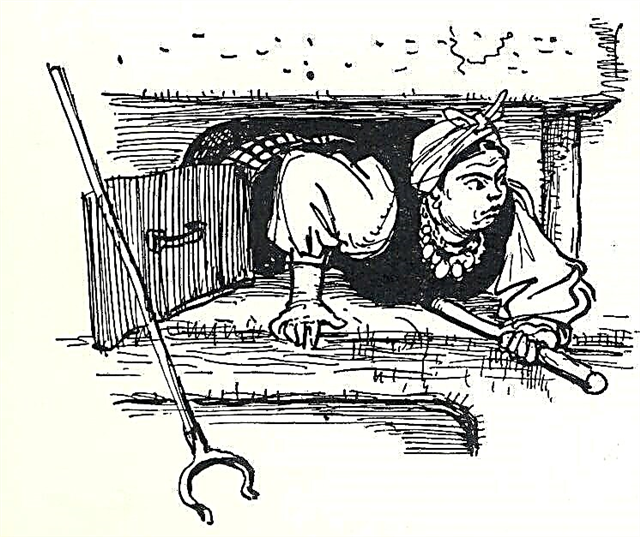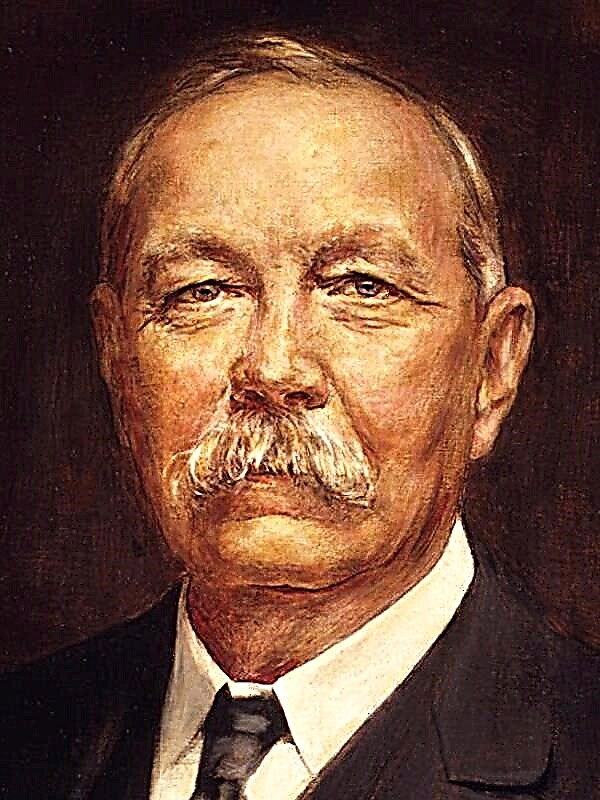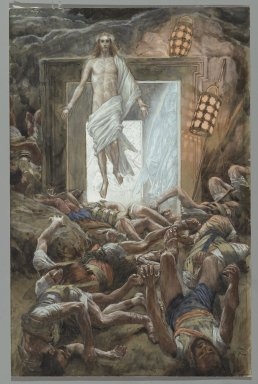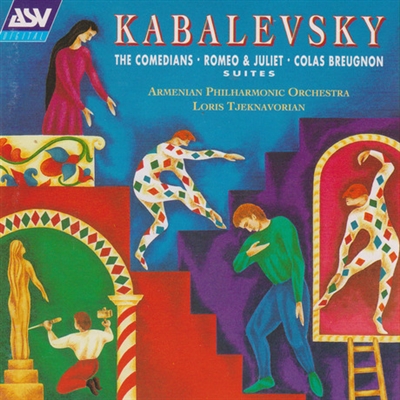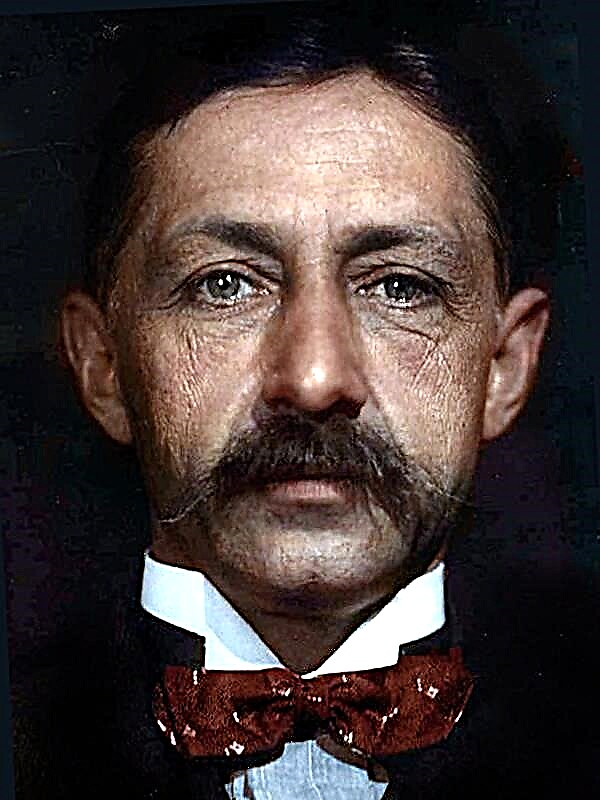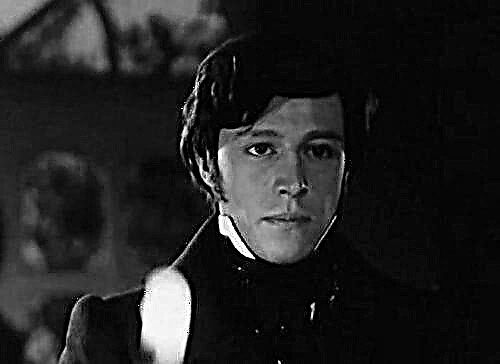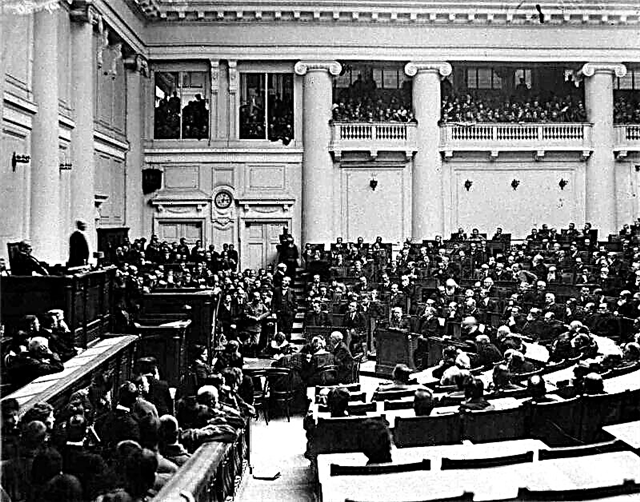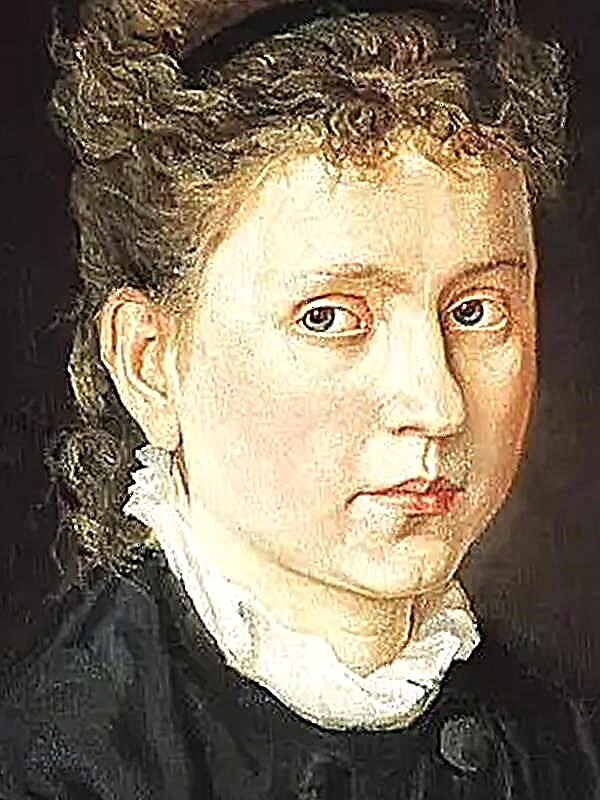(348 words) M. A. Bulgakov raises the issue of moral choice in almost all works. Nevertheless, he devotes more attention to this topic in The Master and Margarita. Each hero of the novel must make a deliberate decision and make a choice in favor of the good or the evil side, and the selection conditions are so confusing that it is very difficult for him to distinguish one from the other. Therefore, the decision is not easy.
The author is trying to all overturn our perception of good and bad in order to explain that in the world there is no clear and unshakable separation between one and the other. Each phenomenon can be interpreted in different ways, each person has both good and evil nature, they only change places depending on the circumstances. For example, Woland, who is Satan, appears as an assistant, a good magician from a fairy tale, when he becomes an opponent of Yeshua in a dispute about the fate of Margarita and the Master. It is he who comes into the sinful world of people and tries to correct it, although this should be done by the other side. Thus, everything in life is ambiguous, and it is very difficult to make the right decision. For example, it is worthwhile to elaborate on the moral choice of Pontius Pilate. He seems to be a sympathetic person, able to understand the injustice of the sentence, but at the same time he is his involuntary executioner. The prosecutor is obliged to maintain order in the city entrusted to him, where crowds of aggressive people are ready to rebel at any time. They are kept in check by the local religious authorities, and therefore Pilate cannot argue with her about whom to pardon for the holiday: a preacher or a murderer? The hero thinks that he sacrifices someone else's life for the good, saving the alien people and his army from senseless bloodshed. But he is mistaken in condoning evil invested in decency. And therefore, he receives eternal torment of conscience, because it was his well-being that he placed above human life.
The situation of Margarita is also ambiguous: she went for her beloved, but left her husband, put her immortal soul at stake, etc. And despite this, she made a highly moral choice: she refused from lies and luxury for the sake of true feeling. The Master is not ideal either: he wrote a brilliant novel, but he scared and burned it, having received a regular punishment.
Thus, at a crossroads, the deceived heroes often obeyed the mind, and it was necessary to listen to the feelings. Indeed, it seemed to both Pilate and the Master that they were doing wrong, but the arguments of the mind confused them.

